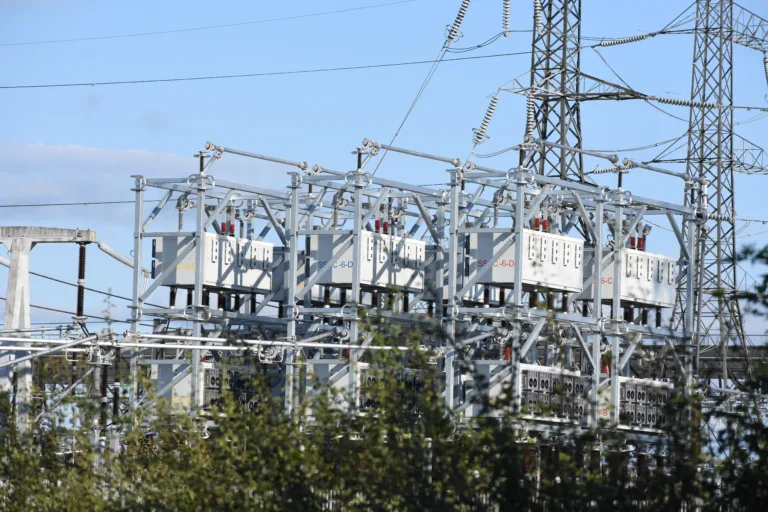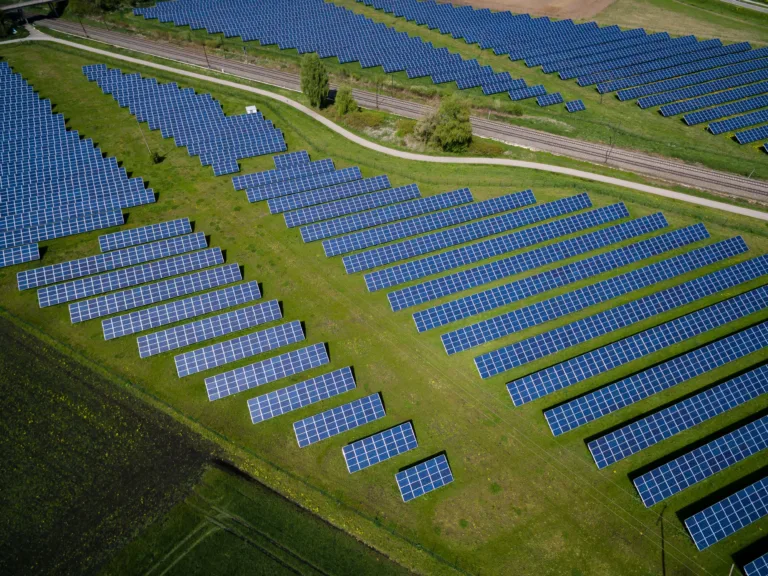Since European Union (EU) realised the abundance of renewable energy, they became global pioneers of renewable investments. There is an ongoing effort among the EU nations to increase the sustainability of renewable energy systems. They expect that renewable sources can mitigate up to 32% of the global energy demands by 2030. Hence, they are promoting suitable policies to sustain the demand and supply chain.
Renewable energy sources promote low-carbon emission and high energy efficiency. It requires allocation of significant resources and investments in power sector. While public funding in EU is significant, market mobilisation is certainly better. The key challenges to such an effort lies within smooth functionality of energy markets, reliable investments, and ease of access.
Current opportunities and benefits on renewable energy sources
Public and private sector stakeholders can benefit from various investments and funding opportunities in the field of power generation, transmission, and distribution. Besides, it provides additional opportunities to improve energy storage and supply-chain management.
These investments must adhere to energy and climate targets in future. It should quickly replace the disruption from decommissioning of aged thermal plants. in this context, the current investments are particularly low for technology up-gradation. With increasing carbon-emission concerns, most of the energy producers will opt for gas based technologies. Hence, the future investments must also consider the risk of intermittent energy flow in grids due to disruptive generation sources.
Major concerns in energy investments
There is a major concern among policy-makers on the energy affordability among domestic and profession end-users. If the nations do not become self-dependent in terms of energy generation and distribution, then high import costs may further disrupt investment strategies. Naturally, if the energy consumption increases then there is an additional effort necessary to maintain the efficiency of supply grids. This increases operational expenditure . Major driver and barrier for such investments is a reasonable return of investment in the form of equity. Besides, lack of regulatory certainties, inadequate policies, frequent de-legislations, and other socio-economic factors.
Hence, there is a need to mitigate the conflicting interests among stakeholders and investors, remove administrative and regulatory complexities, and encourage innovation. Such measures not only increases affordability, but also strengthens the national economy. This drives SeetaLabs to promote AI-based solutions, particularly for such asset-intensive industries.




